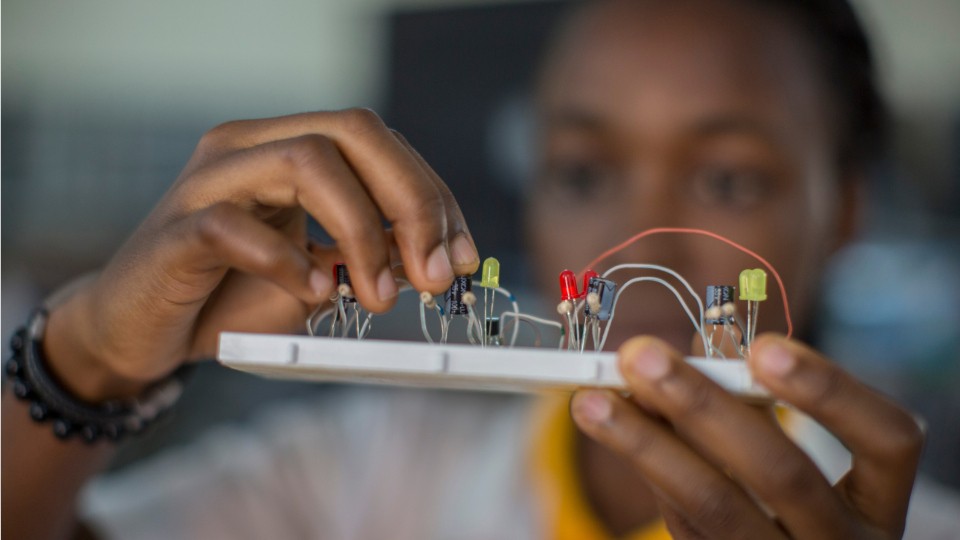Radio Frequency Identification Device Specialists
Deployment Engineer, RFID Engineer (Radio Frequency Identification Device Engineer), RFID Systems Engineer (Radio Frequency Identification Device Systems Engineer), Technical Support Engineer
What they do:
Design and implement radio frequency identification device (RFID) systems used to track shipments or goods.
On the job, you would:
- Identify operational requirements for new systems to inform selection of technological solutions.
- Integrate tags, readers, or software in radio frequency identification device (RFID) designs.
- Perform systems analysis or programming of radio frequency identification device (RFID) technology.
Knowledge
Engineering and Technology
- computers and electronics
- product and service development
Arts and Humanities
- English language
Business
- customer service
- management
Education and Training
- teaching and course design
Skills
Basic Skills
- thinking about the pros and cons of different ways to solve a problem
- listening to others, not interrupting, and asking good questions
Problem Solving
- noticing a problem and figuring out the best way to solve it
People and Technology Systems
- thinking about the pros and cons of different options and picking the best one
- figuring out how a system should work and how changes in the future will affect it
Abilities
Verbal
- listen and understand what people say
- read and understand what is written
Ideas and Logic
- notice when problems happen
- use rules to solve problems
Personality
People interested in this work like activities that include data, detail, and regular routines.
They do well at jobs that need:
- Attention to Detail
- Adaptability/Flexibility
- Analytical Thinking
- Cooperation
- Dependability
- Achievement/Effort
Technology
You might use software like this on the job:
Program testing software
- JUnit
- Selenium
Presentation software
- Microsoft PowerPoint
Development environment software
- Microsoft Visual Studio
- Ruby
Education
Education: (rated 4 of 5)
bachelor's degree
usually needed
usually needed
Job Outlook
Bright
New job opportunities are very likely in the future.
Explore More
- Computer Hardware Engineers
- Electrical & Electronic Engineering Technologists & Technicians
- Electronics Engineers
- Microsystems Engineers
- Software Developers
You might like a career in one of these industries:
See more details at O*NET OnLine about radio frequency identification device specialists.






